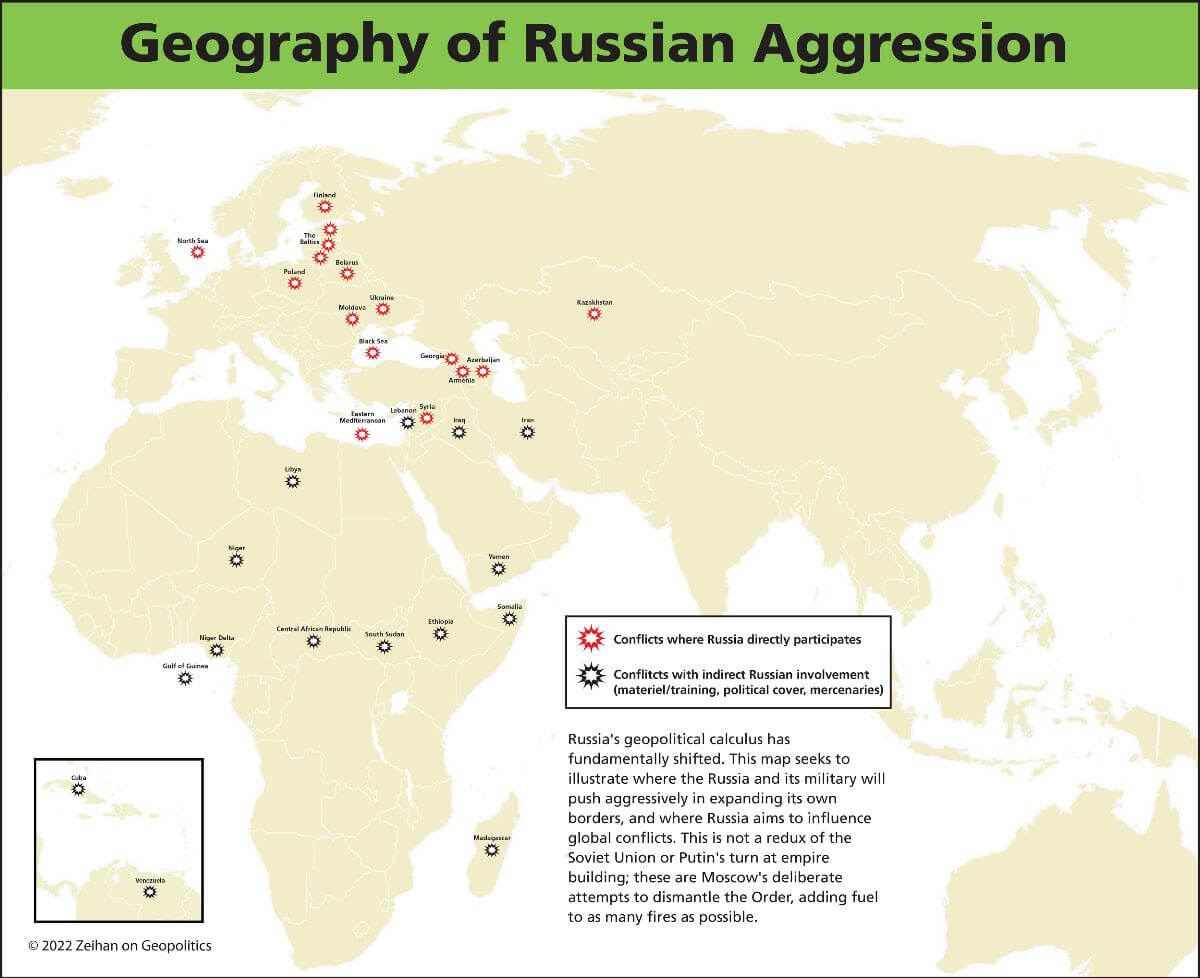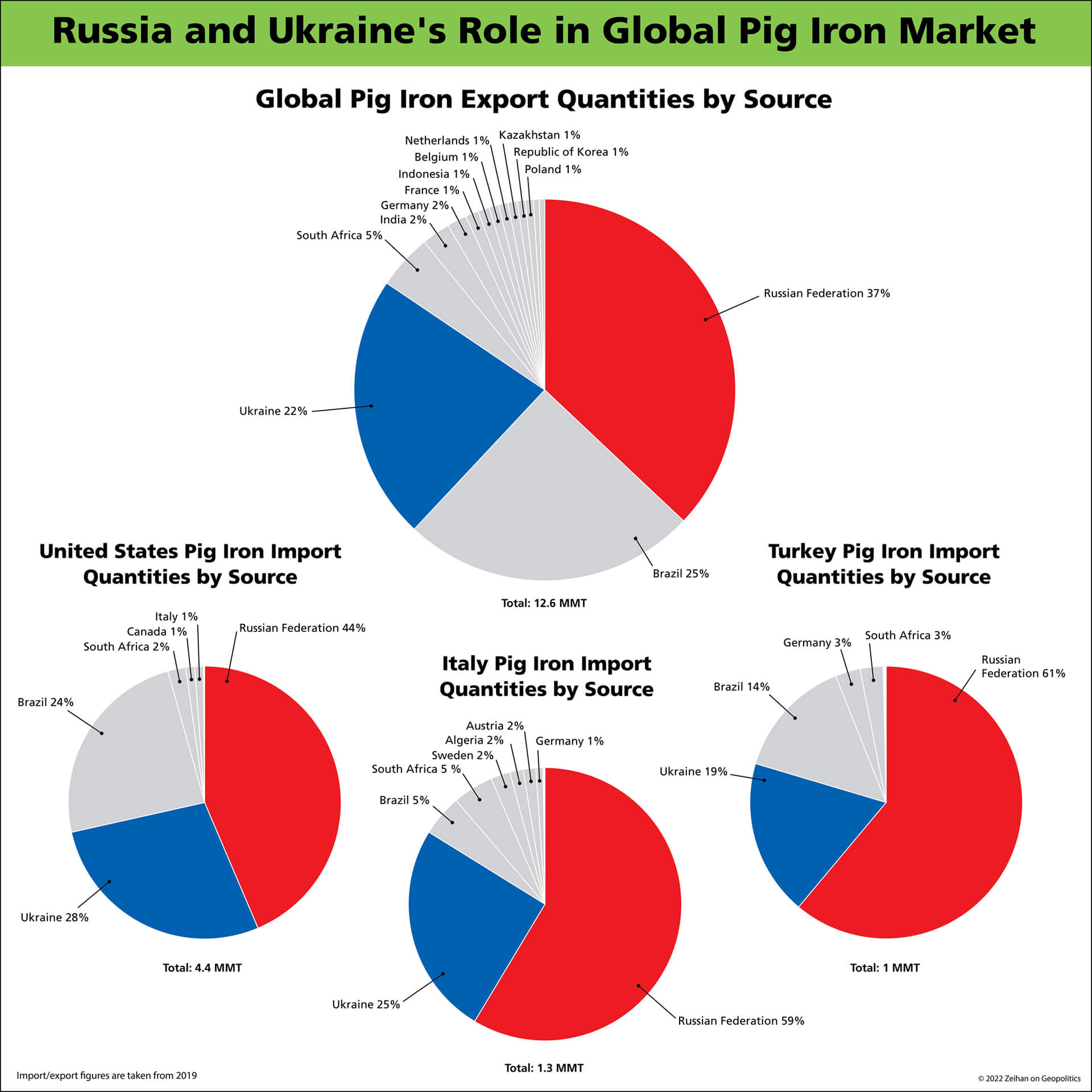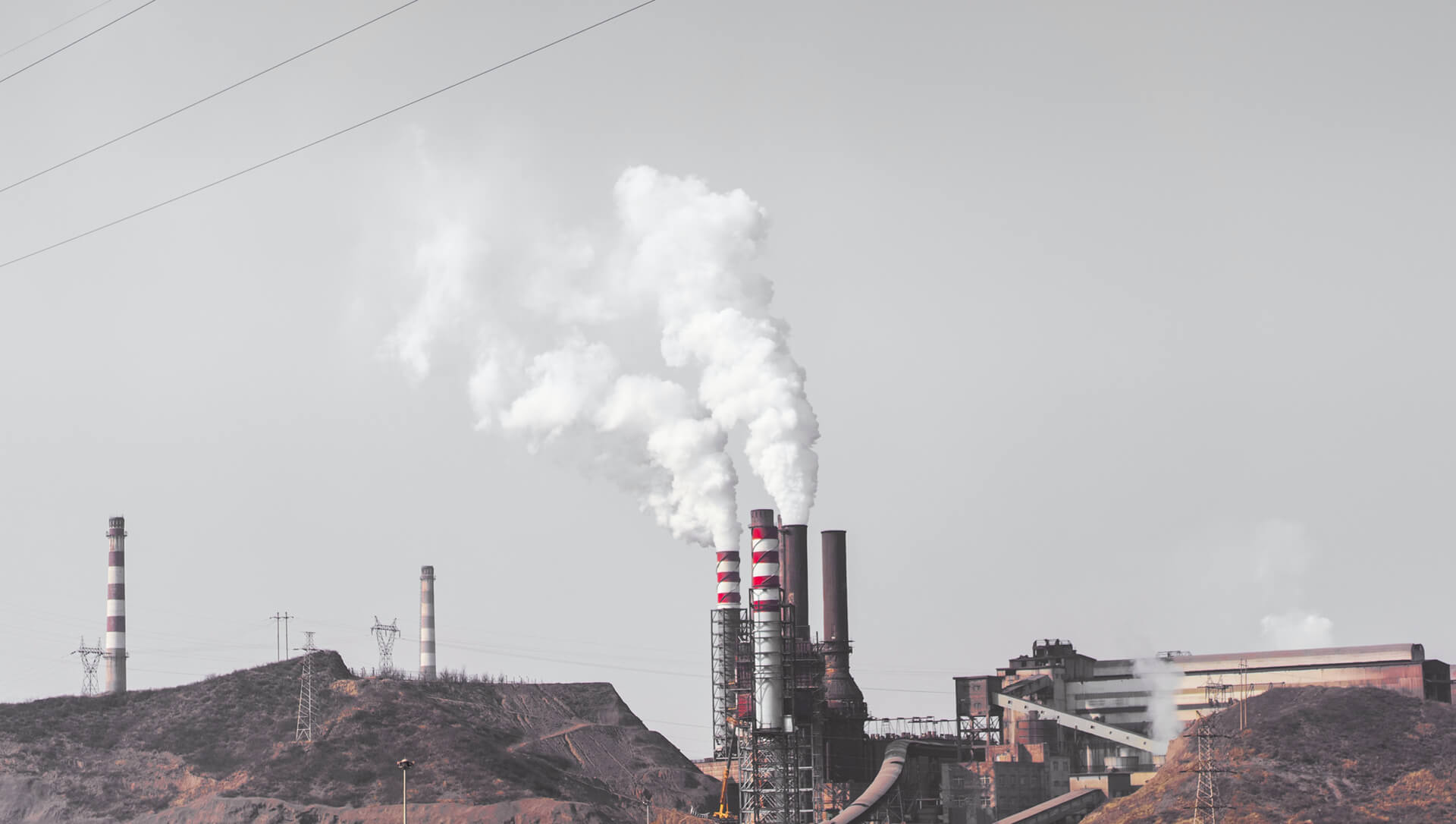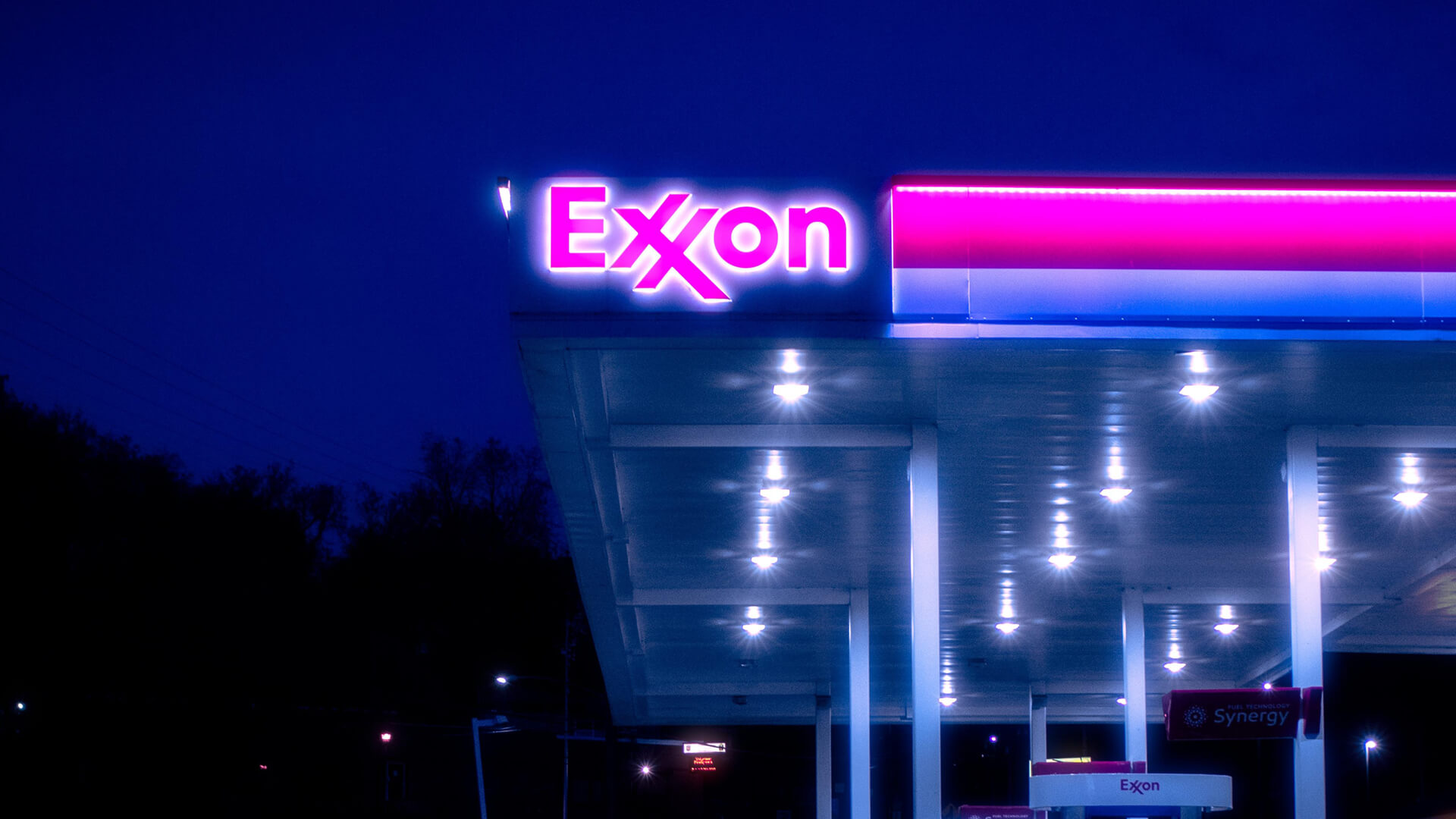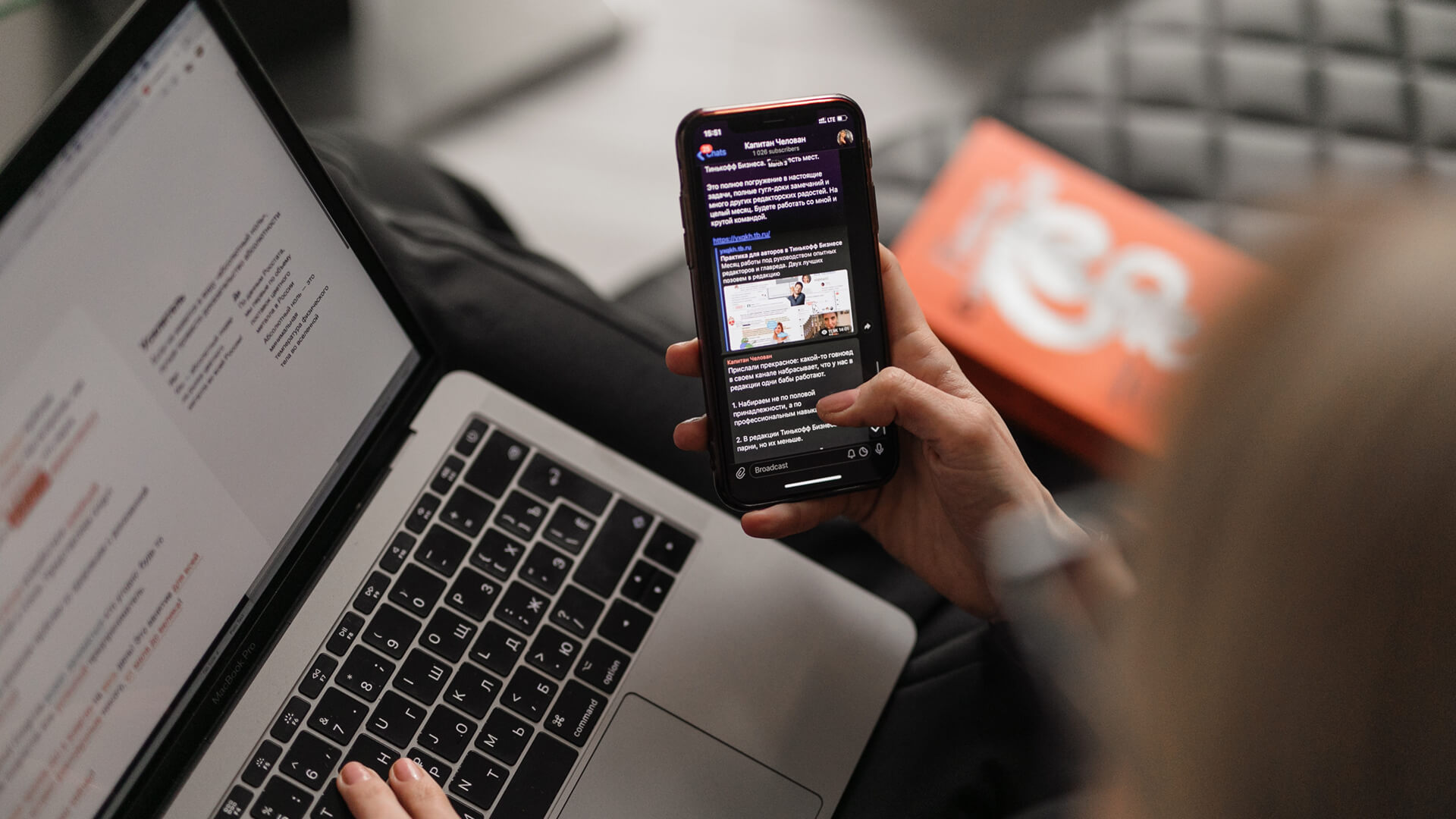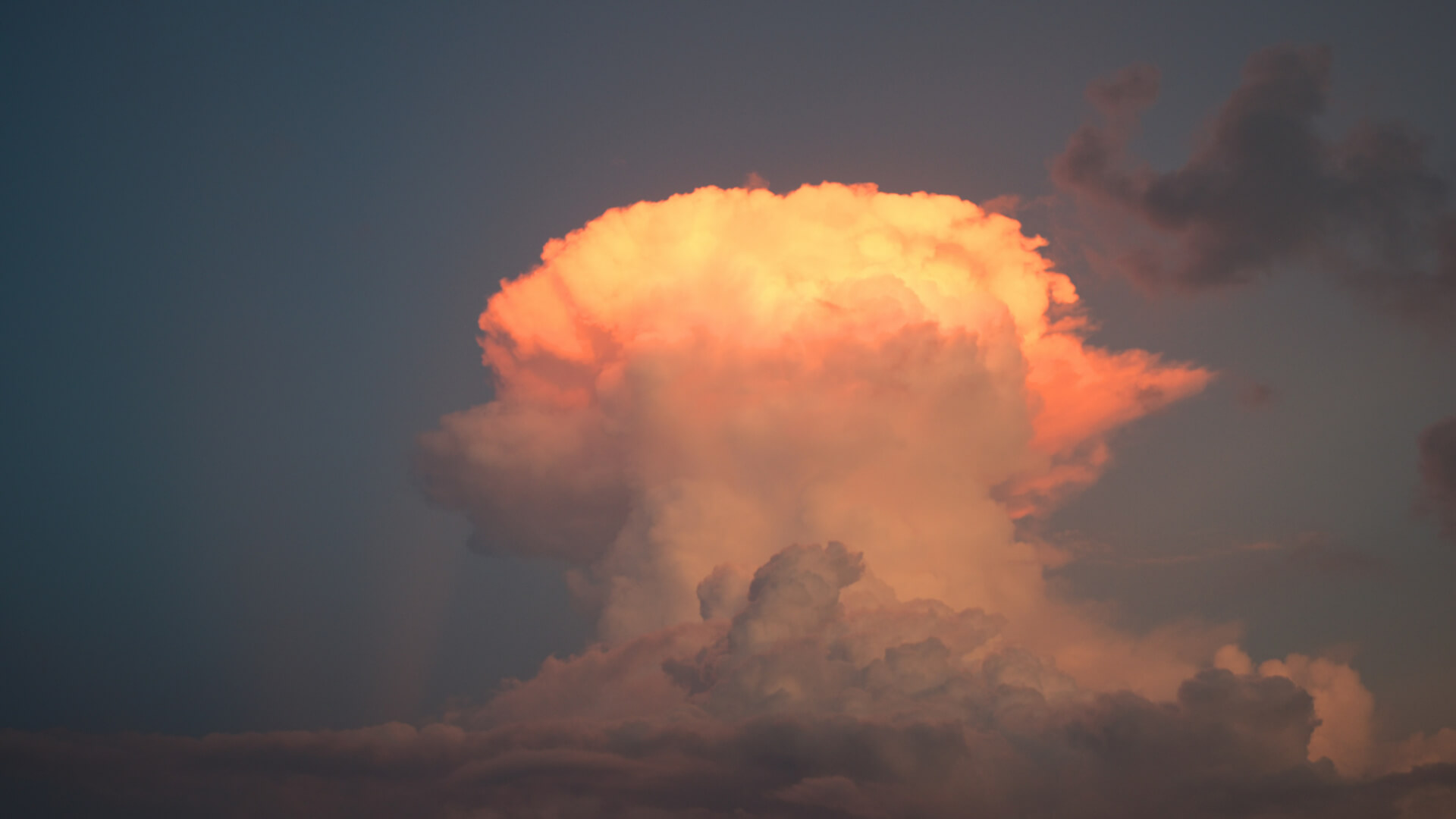Russia and Ukraine are key suppliers for two industrial inputs most of us really never think about: neon and palladium. Unless you’re involved in semiconductors or the manufacture of catalytic converters. And if you’re at all connected to the automobile sector, you’re already connected to both.
Neon is one of the most abundant elements in the universe, but it is remarkably rare in our atmosphere – only about 18 ppm of the air we breathe is comprised of neon. Red, tubular lighting is what many associate with neon, but the bulk of global neon production is used as a buffering agent in the excimer lasers that make semiconductor lithography possible.
The current global neon supply chain is a convoluted one, but roughly half of the highly purified neon produced in the world comes from Ukrainian suppliers. They in turn refine crude neon produced as a byproduct of Russian steelmaking…and Soviet defense planning (but more on that next week).
The majority of global palladium production goes to catalytic converters for gasoline engines. It helps scrub hydrocarbons, carbon monoxide and other things we shouldn’t breathe from vehicle exhaust. Of the remaining uses, one of the most important is within semiconductors. To put it simply, palladium is used to help adhere the pins that conduct electricity on a chip.
Russia alone accounts for 25% of palladium exports. You can see how markets reacted to the threat of supply losses below:
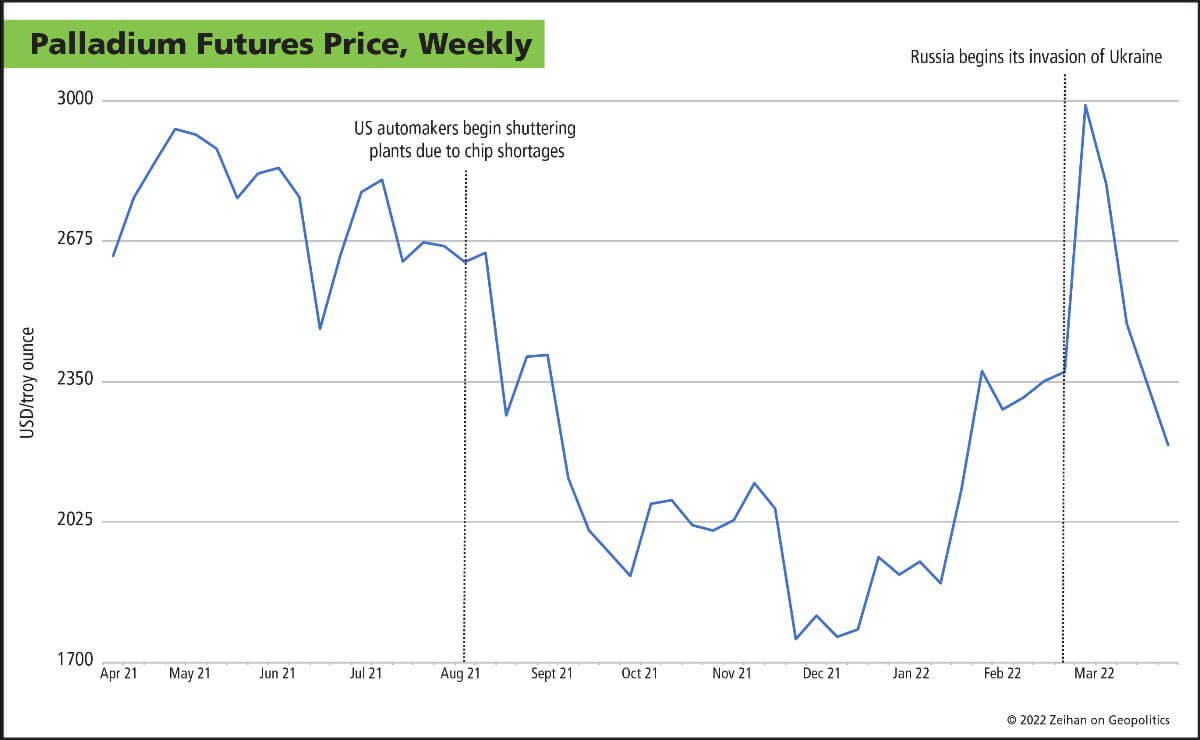
But what you can also note is what happened to palladium prices as global automobile manufacturing started to grind to a halt in the face of global chip shortages. The global semiconductor industry features a high degree of concentration at various stages of its supply chain, in both raw and intermediate components and manufacturing.
What happens to chip suppliers if neon supplies remain offline for months? What happens to the global palladium market when demand from its primary users falls due to supply failures elsewhere in their supply chain? How much global supply chain risk is tied to Russia’s invasion of Ukraine, and what blind spots exist in your organization’s planning?
Please join us next Tuesday, April 5 as we tackle these issues and more in our upcoming webinar The Ukraine War: Industrial Materials Edition.
Here at Zeihan On Geopolitics we select a single charity to sponsor. We have two criteria:
First, we look across the world and use our skill sets to identify where the needs are most acute. Second, we look for an institution with preexisting networks for both materials gathering and aid distribution. That way we know every cent of our donation is not simply going directly to where help is needed most, but our donations serve as a force multiplier for a system already in existence. Then we give what we can.
Today, our chosen charity is a group called Medshare, which provides emergency medical services to communities in need, with a very heavy emphasis on locations facing acute crises. Medshare operates right in the thick of it. Until future notice, every cent we earn from every book we sell in every format through every retailer is going to Medshare’s Ukraine fund.
And then there’s you.
Our newsletters and videologues are not only free, they will always be free. We also will never share your contact information with anyone. All we ask is that if you find one of our releases in any way useful, that you make a donation to Medshare. Over one third of Ukraine’s pre-war population has either been forced from their homes, kidnapped and shipped to Russia, or is trying to survive in occupied lands. This is our way to help who we can. Please, join us.



